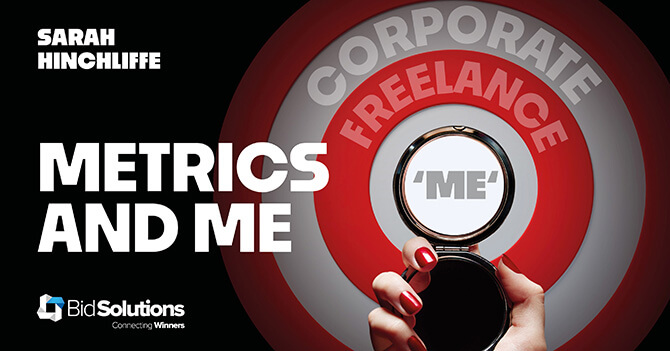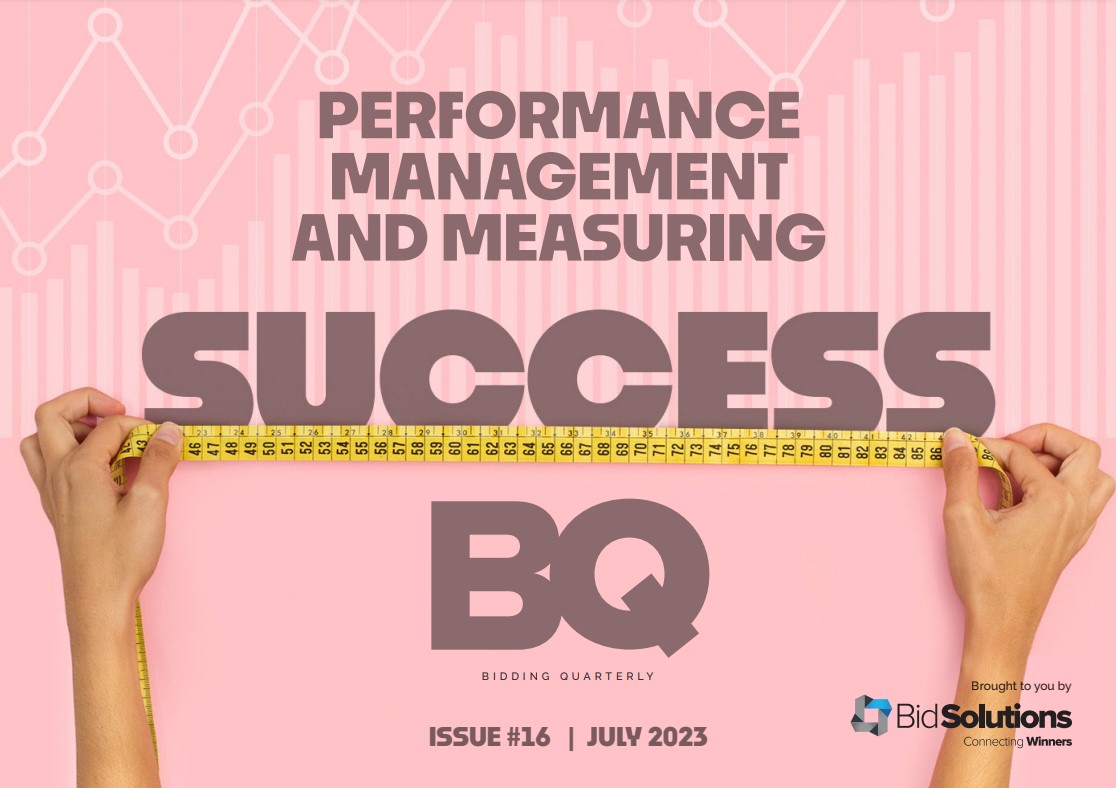Corporate metrics
Back in the day, when I was employed (as opposed to self-employed, not unemployed!), my performance was always measured. As a salesperson, I had an annual revenue target, to which my employer’s satisfaction, the size of my pay cheque and, ultimately, my job were inextricably linked. As each year advanced, I would be more or less stressed depending on how far or near I was from reaching my target.
To help manage my pipeline and create forecasts each year, I used ‘funnel mathematics’ – calculations involving ratios between cold calls, appointments, opportunities and closed contracts. The problem with funnel mathematics was that accuracy relied on consistent sales cycle time and opportunity value, which were almost impossible when selling IT services where these parameters varied wildly. So, it was accepted practice to sprinkle your figures with some personal judgement and manual adjustment. It became more of an art than a science and, thankfully, I generally hit my target and always kept my job.
When I became part of ‘the management,’ I became the measurer as well as the measured. I had to consolidate my sales team’s pipelines and forecasts to feed into a company-level balanced scorecard. Managing my team’s performance meant my sales life became more about spreadsheets and reporting than client relationships.
When I got more involved in the world of professional bidding, I discovered two new measures: a conversion ratio (the number of bids won as a percentage of the number submitted) and a capture ratio (the value of bids won as a percentage of the total value submitted). This was quite a revelation to me at the time, so much so that I went back to my boss and declared that we needed to amend the balanced scorecard to reflect my new-found wisdom.
So, we started to track conversion and capture ratios. Every month, we had a cute little graph that we all admired as long as the monthly trend went nicely upward. From plateaus and dips, we could easily see which type of problem we’d got – not enough opportunities, too few wins or too many low-value opportunities. It was, actually, rather good.
Freelance metrics
I can assure you I wasn’t sorry to walk away from corporate metrics, but becoming a freelance bid professional triggered a new challenge. How to measure my performance now?
It didn’t take me long to realise that I couldn’t be held responsible for winning or losing bids because I would never control all the factors. As a bid manager, I would orchestrate a group of people responsible for decisions in a company I didn’t work for. They could rely on me for guidance on bid best practices and bright ideas, but it was their strategy, solution and price that went into the bid – I just had to make it compliant, compelling and professional.
How could they judge me then if I couldn’t be wholly responsible for winning or losing?
I started to set expectations with each client at the start of a new engagement and run post-project lessons learnt sessions with annual reviews for my long-term relationships. I found that different clients liked different metrics. For example, I have a spreadsheet for one client recording all my work and outcomes – bids I’ve managed that led to contract awards, with conversion and capture ratios, plus interim bid stages and strategic papers I supported. My client gets a good sense of what I’ve worked on and is happy.
I soon learnt that happy clients are the best measure of freelance success – if they keep coming back, refer you to their peers, give you testimonials and increase your fees every year without question, they are satisfied with your work. They will keep their own metrics for internal reporting and to justify buying your services.
‘Me’ metrics
There is one other metric that is the most important to me. I remember doing some research early on in my freelance career and came across The Human Workplace[1] and a blog[2] by the founder and CEO, Liz Ryan. It dismissed Peter Drucker’s mantra, “If you can’t measure it, you can’t manage it”, in favour of a more people-based approach. Having just left the corporate world, I rather liked this attitude. It reminded me of something an old boss of mine used to say: “Sarah, if you can look in the mirror every evening and tell yourself you did a good job today, then that’s all that matters.” I hold his words dear. I set myself high standards and if I can reflect on my day and am 100% happy that I did my best, that’s a fine measure for me.
[1] https://humanworkplace.com/
[2][2] https://www.forbes.com/sites/lizryan/2014/02/10/if-you-cant-measure-it-you-cant-manage-it-is-bs/?sh=71317ebd7b8b
This article was written by Sarah Hinchliffe.
Sarah labels herself a ‘Storyteller, Organiser, Timekeeper’ – three things that come naturally to her. After a 30-year sales career in the IT industry, where she learnt every popular sales methodology and sold millions of pounds of software and services, Sarah decided to share what she’d learnt about winning business using great stories, a systematic approach and consistently delivering on time. She continues learning and sharing through her freelance consulting work and volunteering as a writer, speaker and mentor.


